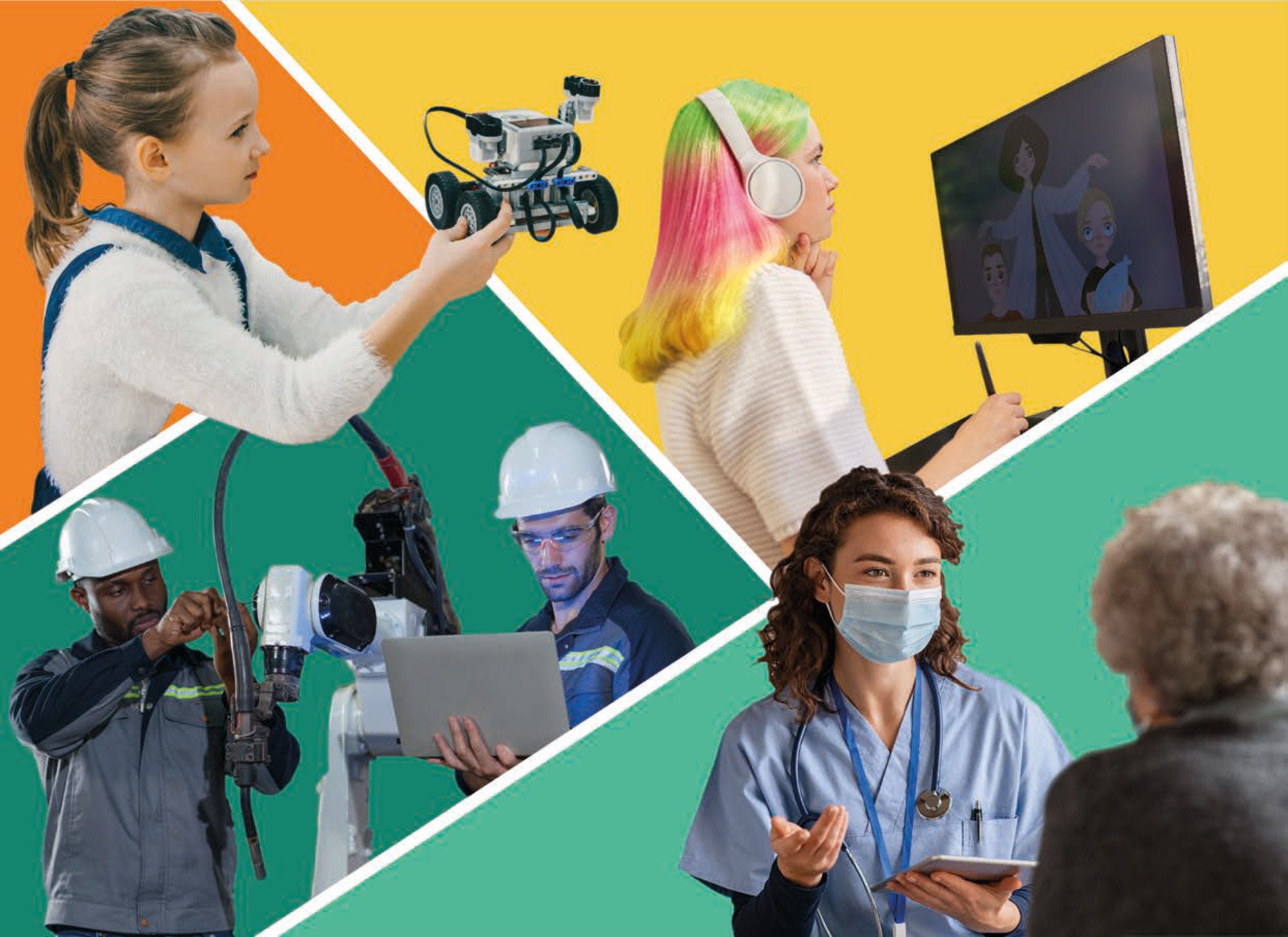Artificial intelligence (AI) has been rapidly advancing in recent years, bringing significant changes to various sectors and industries. As we continue to witness the evolution of AI, it is increasingly important to understand what this technology can and cannot do. The OECD recognises the need to systematically assess the capabilities of AI in relation to human skills, particularly in skill domains of key importance for employment and education. Such an assessment can help policy makers and educators better anticipate the impact of technological change on the workforce and prepare individuals for the demands of the future.
The present report follows up on an earlier pilot study and assesses the abilities of state-of-the-art AI in reading and mathematics, two key domains of human competence that are essential for success in many areas of work and life. The report shows how AI capabilities in these domains evolve over time and how they compare to the reading and mathematics skills of humans. The assessment of AI is based on evaluations from computer scientists.
The study is part of a comprehensive project for assessing AI capabilities and their implications for work and education, led by the OECD Centre for Educational Research and Innovation (CERI). The AI and the Future of Skills (AIFS) project aims to develop measures of AI capabilities that are understandable, comprehensive, repeatable and policy-relevant. By using various sources of information on AI, including expert evaluations, the project aims at providing policy makers with the knowledge they need to shape future-oriented education- and labour-market policies.
The report shows significant improvements in AI's capabilities in reading since 2016, which reflect advancements in natural language processing (NLP) in recent years. AI's capabilities to solve mathematical tasks have not improved at the same rate. However, experts predict that increasing investments in AI research and development will lead to significant advancements of AI in both reading and mathematics in the coming years.
The report also demonstrates the potential for AI to outperform large portions of the population in reading and maths. This has important implications for employment and education, as workers are likely to face increasing competition from machines in these skill domains in the future. It also highlights the need to strengthen the foundation skills of the workforce and prepare it to work together with AI in key domains.
By providing an example of how AI capabilities improve with respect to two key cognitive skills of humans, this study emphasises the importance of periodically and systematically monitoring the evolution of AI capabilities and comparing them to human skills. This will be useful to policy makers, educators, and researchers who are seeking to understand the implications of technological advancements for the future of work and education.
